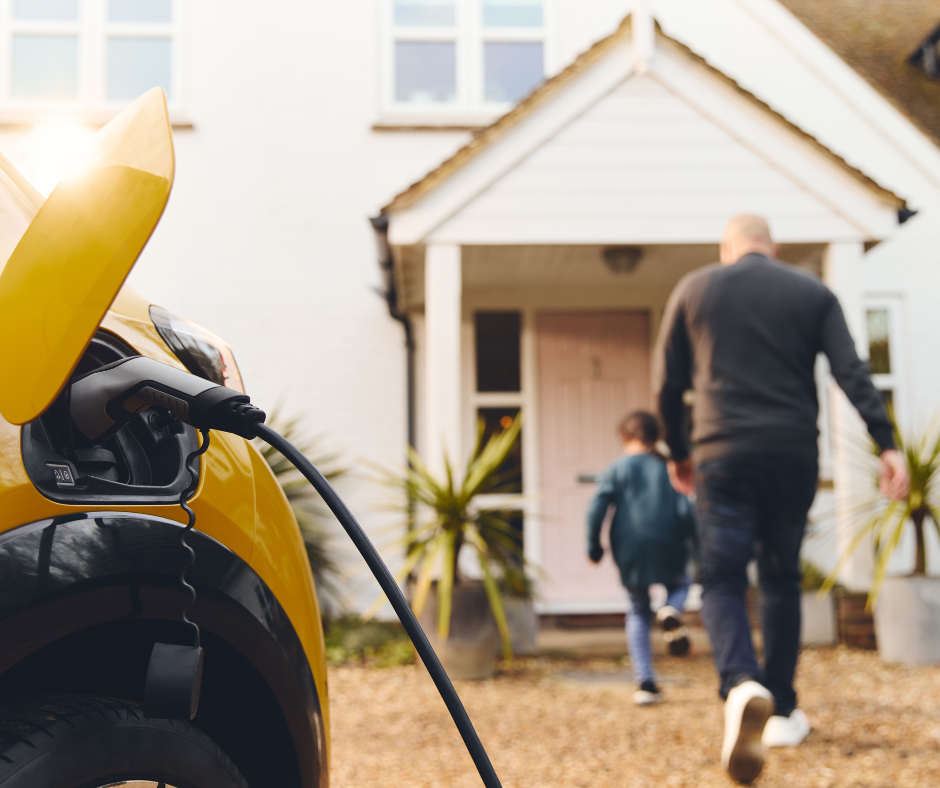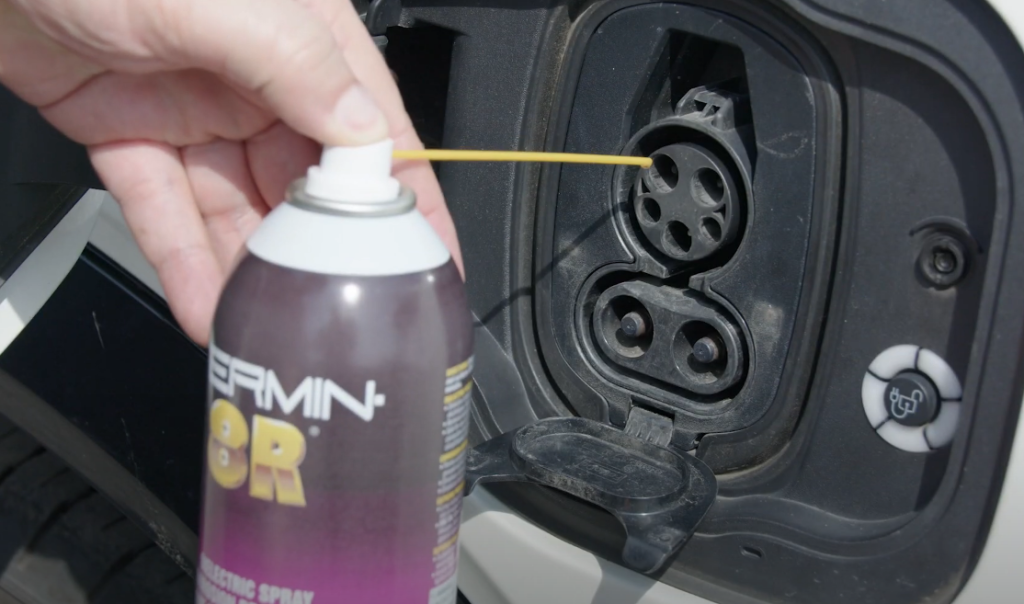EV Battery Care and Longevity: Ensuring Safety and Peace of Mind

One of the critical components that define an EV’s performance and longevity is the battery. Proper battery care is not only essential for maximizing range and efficiency but also for safety and minimizing expensive repairs. In this comprehensive guide, we’ll delve into the importance of battery maintenance and provide practical tips to ensure your EV’s battery remains healthy throughout its lifespan.
Why Battery Care Matters
Safety First
Safety should always be the top priority when it comes to EVs. Lithium-ion batteries, commonly used in EVs, are powerful energy storage devices. However, mishandling or neglecting them can lead to serious consequences. Here’s why battery care matters for safety:
Thermal Runaway
If a lithium-ion battery overheats, it can enter a state called “thermal runaway.” This rapid increase in temperature can cause fires or explosions. Regular maintenance helps prevent such extreme situations.
Maximizing Range and Efficiency
A well-maintained battery directly impacts your EV’s range and efficiency. Here’s how:
- Capacity Retention – Regular maintenance helps maintain the battery’s capacity over time. A healthy battery retains more energy, allowing you to travel longer distances on a single charge.
- Efficient Charging – Avoid extreme temperatures during charging. Cold temperatures reduce charging efficiency, while excessive heat can degrade the battery. Charge at moderate temperatures whenever possible.
Avoid Costly Repairs
Battery replacements are expensive. By following proper maintenance practices, you can extend your battery’s life and delay the need for a costly replacement.
Top Tips to Keep Your Battery in Shape
Avoid Deep Discharges
Frequent deep discharges (draining the battery to very low levels) accelerate wear. Charge your EV before the battery reaches critically low levels.
Regular Inspections
Periodically inspect your battery for signs of damage, leaks, or abnormal behavior. Catching issues early can prevent more significant problems down the road.
Charging Habits
Charge your EV regularly but avoid keeping it at 100% charge for extended periods.
Use slow charging (Level 1 or Level 2) whenever possible. Fast charging (DC fast chargers) generates more heat and can stress the battery.
Temperature Management
Extreme temperatures (both hot and cold) harm the battery. Park your EV in shaded areas during hot weather.
Precondition your battery (using climate control) before driving in extreme cold.
Cell Balancing
Some EVs have built-in cell balancing features. If not, consider manual balancing occasionally.
Avoid leaving your EV unplugged for extended periods, as it can lead to cell imbalances.
Software Updates
Manufacturers release software updates to optimize battery performance. Keep your EV’s software up-to-date.
Storage Tips
If storing your EV for an extended period, charge it to around 50% and store it in a cool, dry place.
Disconnect the 12V auxiliary battery to prevent unnecessary drain.
Perform Easy Corrosion Maintenance
To make battery care even easier, we recommend TERMIN-8R®, an innovative EV maintenance spray that tackles corrosion, the #1 issue of battery problems. Here’s why it’s a game-changer:
Corrosion Protection: TERMIN-8R® prevents corrosion on battery terminals, ensuring optimal electrical connections and protects from future corrosion
Easy Application: Spray directly onto terminals and connectors, charge ports.
Long-Lasting: Provides lasting protection against moisture and oxidation.

Remember, a well-maintained battery not only enhances your EV’s performance but also contributes to your peace of mind. Follow these tips, invest in quality maintenance products and enjoy a worry-free EV experience!
Get TERMIN-8R® now for only $16.99 and safeguard your EV’s battery.
Disclaimer: This blog post is intended for informational purposes only. Always consult your vehicle’s manual for specific maintenance guidelines.
